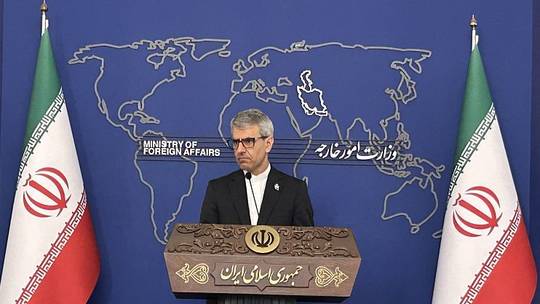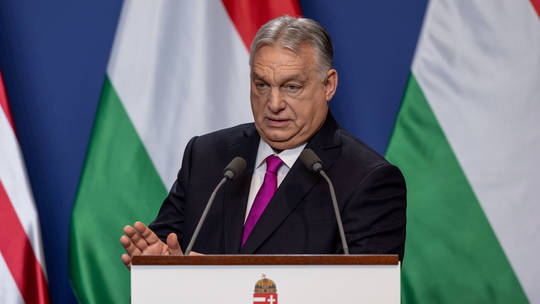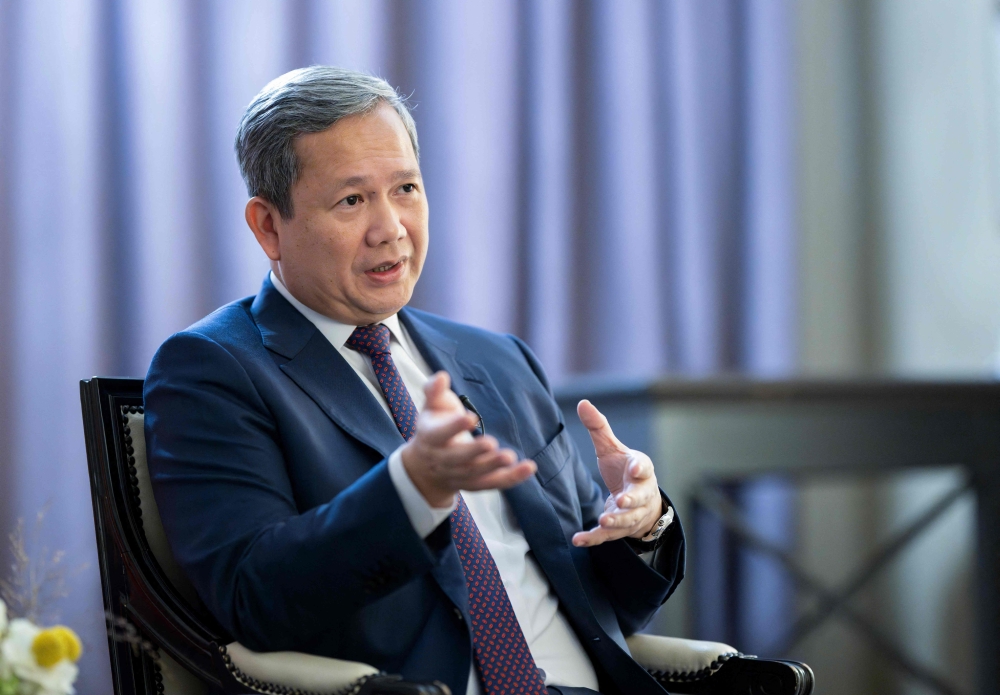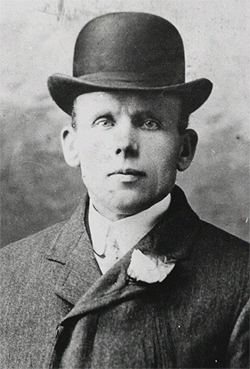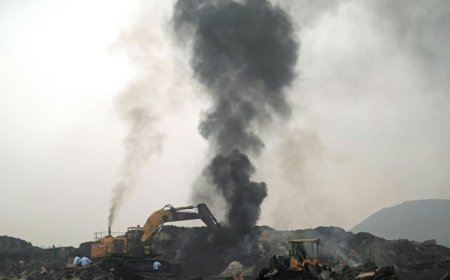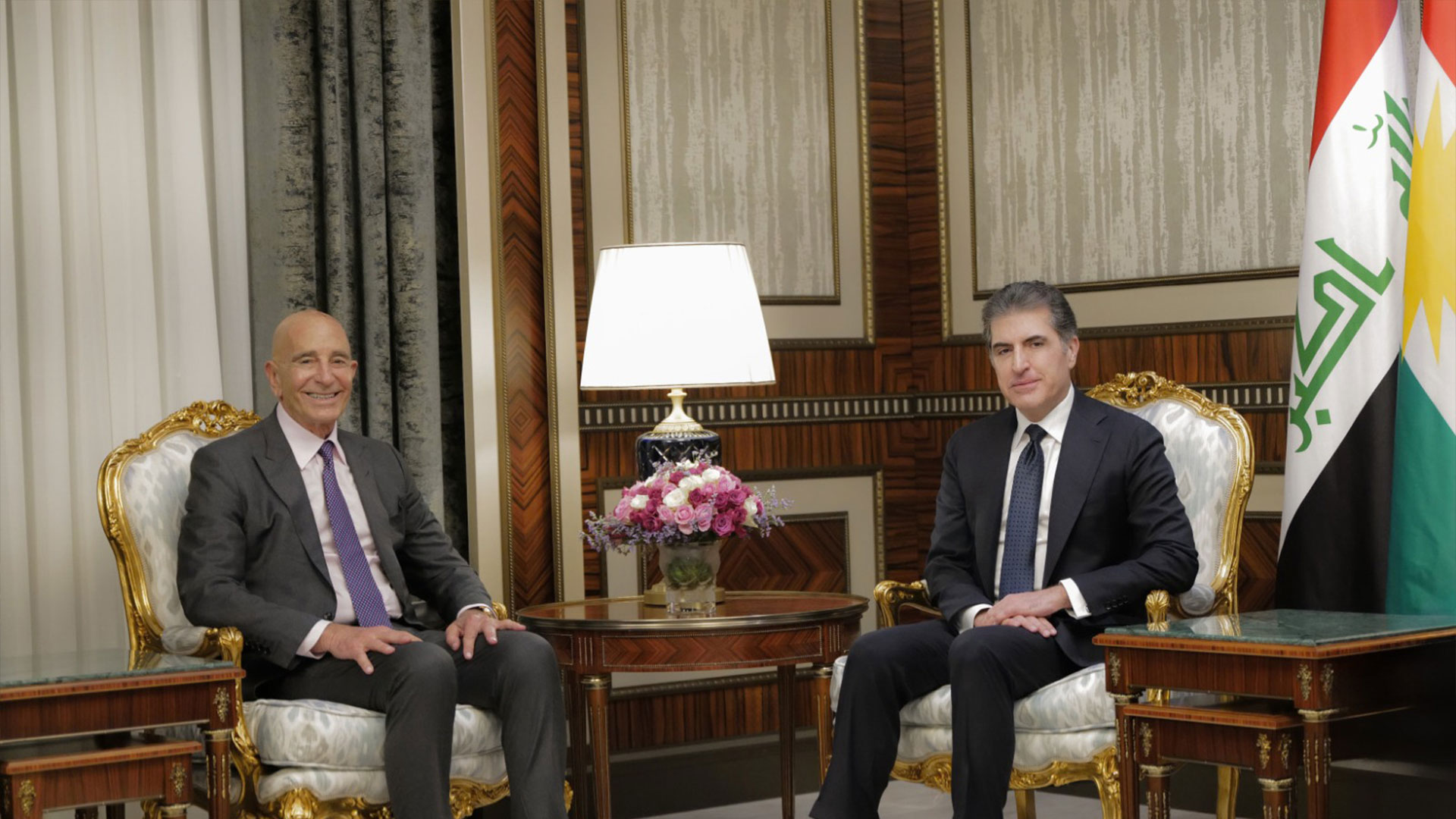Tulip Siddiq’s aunt sentenced to death by Bangladesh
Ousted prime minister convicted for ordering crackdown on student protests, which left 1,400 people dead

Tulip Siddiq’s aunt has been handed the death penalty for crimes against humanity during a crackdown on student protesters in Bangladesh.
Sheikh Hasina, 78, the country’s prime minister at the time of the protests, was found to have directed the army to use drones and helicopters to kill demonstrators. Some 1,400 died in the clashes in August last year.
Hasina fled to India and has refused to return to Bangladesh to face trial, forcing it to be held in absentia.
Reacting to the verdict, she said: “The verdicts announced against me have been made by a rigged tribunal established and presided over by an unelected government with no democratic mandate.
“They are biased and politically motivated. In their distasteful call for the death penalty, they reveal the brazen and murderous intent of extremist figures within the interim government to remove Bangladesh’s last elected prime minister.”
Ms Siddiq, the Labour MP for Hampstead and Highgate, has refused to comment on the judgement.
Justice Mohammad Ghulam Murtaza Majumdar, of Bangladesh’s international crimes tribunal, said: “It is clear enough that the attack in question was directed against civilian population, and it was widespread and systematic.
“Therefore, in the atrocities of killing and gravely injuring the protesters as aforesaid, accused prime minister Sheikh Hasina committed crimes against humanity by her incitement, direct order and also failure to take preventive measures.”
He added: “For all these three counts, we have decided to inflict her with only one sentence: that is sentence of death.”
The courtroom was packed and the 453-page judgment was broadcast live on television. A large screen was set up at Dhaka University, where dozens of students gathered to watch the verdict live.
“It’s crystal clear she incited the violence against students, who were attacked with deadly weapons,” Mr Majumdar concluded.
The tribunal read the transcript of the phone conversations which Hasina had with her officials, directing them to use lethal weapons, drones and helicopters to bomb and kill student protesters.
The unrest, which started in July last year, began as a protest against civil-service job quotas for relatives of veterans from the 1971 war of independence. It soon escalated into a nationwide movement demanding her resignation.
On Aug 5, Hasina fled by helicopter before protesters stormed her residence in Dhaka.
On the same day, security forces killed at least 52 people in a busy Dhaka neighbourhood, one of the bloodiest incidents in Bangladesh’s history.
Maynul Karim, for the prosecution, said his team had gathered phone records, audio and video clips, and witness testimonies linking Hasina directly to the atrocities.
“Hasina and her allies were able to delete their phone calls, data and other records but not their crimes,” Mr Karim said.
The court issued arrest warrants for Hasina and Asaduzzaman Khan, the former interior minister, who are both believed to be in India.
“Let them announce whatever verdict they want. It doesn’t matter to me. Allah gave me this life, and only he can end it. I will still serve my people,” Hasina said in the audio message released on Sunday.
Prosecutors had demanded that she be given the death penalty. “We had sought capital punishment because we showed, beyond any reasonable doubt, that she was responsible for the mass murder of the civilian protesters,” Mr Karim told The Telegraph.
“The court agreed that, as commander of the security forces, she authorised the violence that killed unarmed civilians.
“Today’s verdict belongs to every victim of her rule. It is a victory for every civilian who was murdered or subjected to enforced disappearance for demanding their rights. For the first time, they have seen the justice they were denied for so long.”
Chowdhury Abdullah al-Mamun, the former police chief, was arrested and pleaded guilty in July.
He said in his confession that Ms Hasina ordered the killing of protesters using helicopters, drones and lethal weapons, which he carried out by commanding security forces, according to Mr Karim.
“Her goal was to cling to power permanently, for herself and her family. She had turned into a hardened criminal and showed no remorse for the brutality she had committed,” Mr Karim added.
Last week, two British lawyers filed an urgent appeal to UN special rapporteurs, warning that the in-absentia prosecution of Hasina violates basic fair-trial standards.
“The imposition of any death sentence following such a manifestly unfair trial would effectively amount to summary execution and a clear violation to the right to life guaranteed by Article 6 of the ICCPR [International Covenant on Civil and Political Rights],” said Steven Powles KC and Tatyana Eatwell of Doughty Street Chambers, the lawyers representing Ms Hasina.
Hasina also faces having her properties confiscated and auctioned off under the charges, with proceeds distributed to victims of last year’s uprising. Her state-appointed lawyer had argued that the police were forced to open fire in response to violent actions from the protesters.
Ms Siddiq is separately being tried in absentia in Bangladesh having been accused of influencing her aunt to secure plots of land for her family. The MP, who served as economic secretary to the Treasury until her resignation in January, has denied all charges.
She says her trial in Bangladesh is a “farce” driven by a “political vendetta”. The multiple charges against her relate to the allocation of plots in one of the largest housing projects in the country.
It was claimed Ms Siddiq had “exerted pressure and influence” on Hasina to hand land to her mother and siblings illegally.
Bangladesh’s Anti-Corruption Commission alleges Hasina, in collusion with senior officials, unlawfully obtained six plots of 7,200sq ft each in the diplomatic zone of the Purbachal New Town Project.
Ms Siddiq has not appeared at any of the hearings so far. The court previously issued a warrant for her arrest in April.
Bangladesh is due to hold its next elections in February. Hasina’s rival, the Bangladesh Nationalist Party, is the frontrunner to win. Her Awami League party has been banned from all activities, including participating in elections.
Violence had surged in Dhaka ahead of the verdict, with crude bombs exploding on Sunday – 32 blasts were reported on Nov 12 alone – and dozens of buses were torched. Police have detained Awami League activists over alleged sabotage.
Ahead of the verdict, the Supreme Court of Bangladesh directed the army to deploy troops to strengthen security around the tribunal. Security has been beefed up across Bangladesh and police were ordered to open fire on anyone found setting fire to vehicles and throwing crude bombs.
However, clashes broke out in Dhaka on Monday as supporters of Hasina gathered in the Dhanmondi neighbourhood and attempted to force their way through police barricades. Protesters hurled bricks at security forces, injuring at least one officer, who had been struck in the head. Police responded with sound grenades in an effort to disperse the crowd.
[Source: Daily Telegraph]


